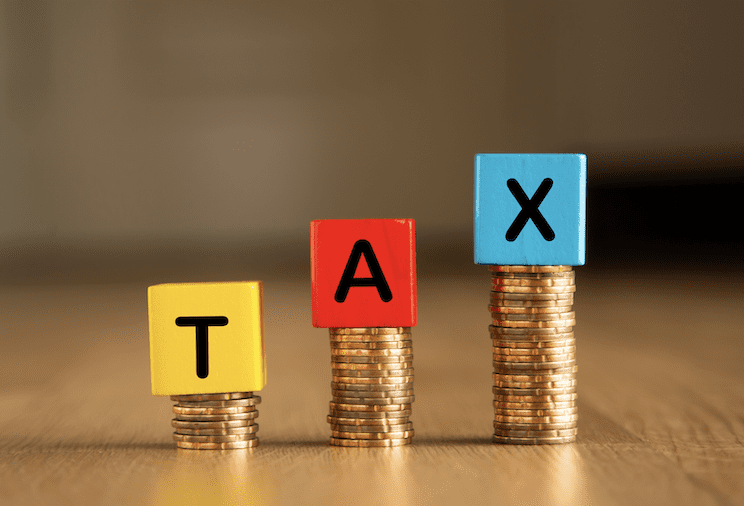If you owe money, you may be concerned that a debt collector will try to take your tax refund. Your concern is understandable as tax refunds are additional income that many people rely on.
For example, what if the Internal Revenue Service (IRS) intercepted your tax refund to pay off your federal student loans?
Well, how about it? Can debt collectors take your tax refund?
Below you’ll find out if debt collectors can collect your tax refunds or not.
Can Debt Collectors Take Your Tax Refund?
The short answer here is maybe. Whether or not debt collectors can collect your tax refunds depends on a few factors. Most of the time, whether a debt collector can collect your tax refunds will depend on the agency collecting them.
Who has the authority to seize your state and federal income tax refunds? When are they permitted to do so? Let’s find out!
Type Of Debt
A set of very specific rules determines this. There are four types of debt for which the federal government will withhold your refund or send it to your creditors.
These debts include the following:
- Past-due federal taxes
- State income taxes
- Child support payments
- Amounts you owe to other federal agencies. This includes federal student loans you have failed to pay back to the government.
You do not need to be concerned about debts to private agencies that you owe. Only federal and state agencies have the authority to intercept your income tax refund under federal law directly. Private creditors must file a lawsuit against you and be awarded a civil judgment in their favor.
Therefore, the collection agencies that your other creditors hire to collect payment from you will be unable to intercept or garnish your tax refund due to this decision.
Who Can Intercept Your Tax Refund
Neither the Internal Revenue Service nor the Treasury Department will take your tax refund and use it to pay for credit cards, car loans, or home loans.
For example, suppose you cannot pay your monthly credit card bill, and the company sends your account to a collection agency. In that case, there is no reason to be concerned that the collection agency will take your tax refund.
If you live in a state where collection agencies are permitted to pursue payment from you in other ways, you should be aware that these agencies may have other options available to them. A handful of states permit collection agencies to garnish your wages or seize funds from your bank accounts.
You may use your entire refund to pay off debts that are owed to one of you if you are married and file joint income tax returns with your spouse. If you find yourself in a situation where this might occur, filing separate tax returns is a good idea.
Another option is to file Form 8379, Injured Spouse Allocation, with the IRS. This is to try to get a portion of the refund for the spouse who is not legally responsible for the debt. It is possible to send Form 8379 along with your joint tax return, or you can file it separately at a later date.








